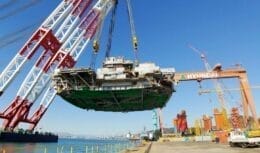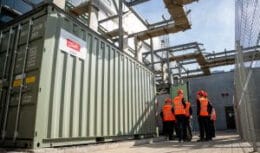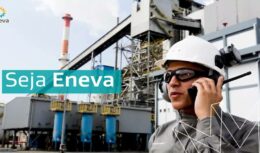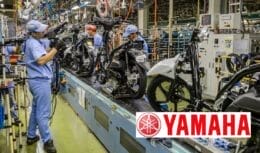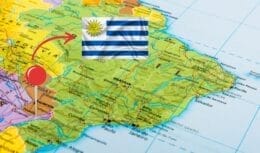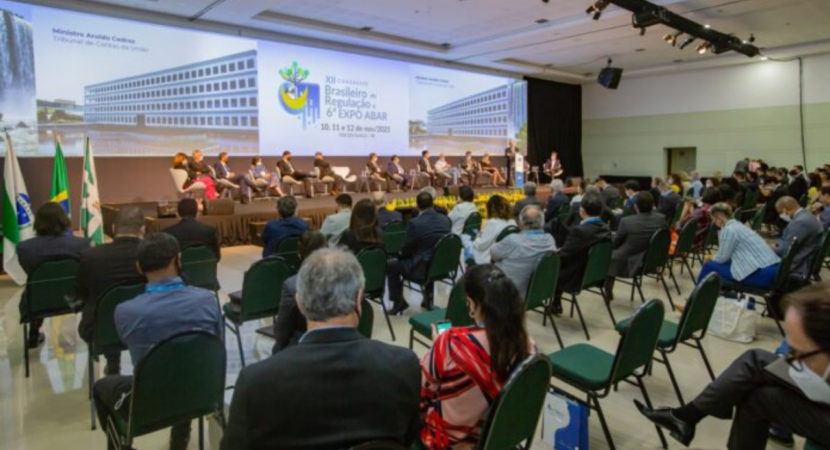
The XII Brazilian Congress of Regulation, promoted by the Brazilian Association of Regulatory Agencies (ABAR), considered the most important meeting of the regulation sector in the country, took place from November 10th to 12th, in Foz do Iguaçu (PR).
The event brought together the main regulatory agencies in the country, concessionaires and public service providers to discuss the challenges and investments in the area of infrastructure, the impact on the states and the use of new clean fuels.
In recent years, a series of measures and new regulations have had a direct impact on the development of public policies and investments in Brazil, such as the New Gas Law. The New Gas Law, enacted in April this year and which proposes a review of the sector's regulatory framework, had a prominent place in the schedule of the XII Brazilian Congress of Regulation
You may also like these news:
- 132 jobs will be created and R$ 165 million will be invested in the construction of a new Eternit tile factory
- 4 online courses on entrepreneurship, offered by FGV, Senai and Sebrae, that will help you when setting up your business
- Petrogotas Serviços increases its area of operation, expands its staff and continues to invest in equipment and labor in Macaé
- New technology created by Valmet with methanol can replace fossil fuels such as diesel, oil and natural gas
A special panel discussed the New Gas Law and its impact on the states, with the participation of representatives from the National Petroleum, Natural Gas and Biofuels Agency (ANP), the Brazilian Association of Piped Gas Distributors (Abegás ), the Ministry of Mines and Energy (MME) and the Infrastructure Secretariat of the State of São Paulo.
Industry experts discuss the expansion and good practices of the gas market
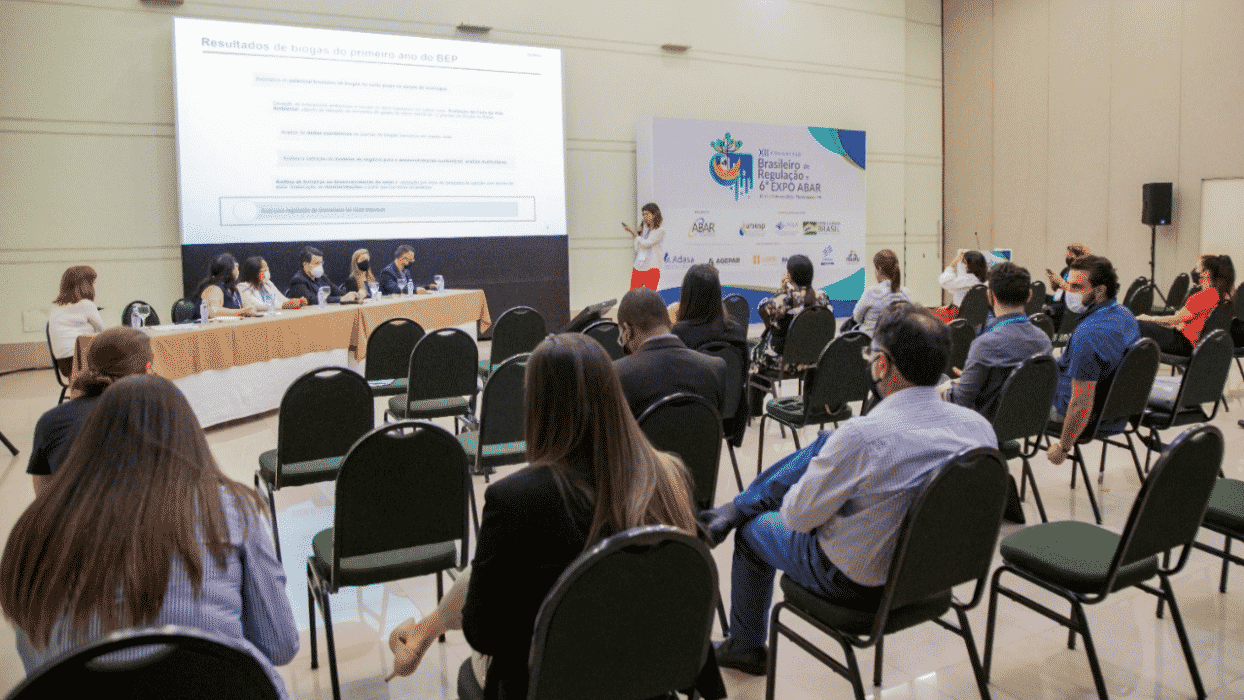
According to the Director of the ANP, Symone Araújo, “The gas sector is second only to sanitation in terms of complexity. At the same time, we are in the process of opening up the market, with successive reforms. Without an effective integration between the regulation of the Union and the States, we will not reach the objectives established in the New Gas Law”. Still according to her, a continuous rapprochement between the national agency and ABAR, as well as with state regulators, is necessary, as this will make it possible to understand how new actors entered this market opening process.
Paula Campos, from VP Sudeste and director of ABAR's Oil and Gas Technical Chamber (CTGás), recalled that the creation of a manual of good practices in the sector is an example of how ANP and ABAR are working together to share information and references to other agencies in the country.
Debating in the Technical Chamber for more than 2 years, Mrs. Paula Campos also added that the objective of creating a regulatory policy of its own is to open up the market and reduce costs. Currently, 15 Brazilian states have their own regulatory bodies, which shows the regional interest in their own regulatory policy.
In the view of the director of the Natural Gas Department of the MME, Mr. Aldo Barroso Cores Júnior, he considers that “This is a new moment for the gas market, because before we had a state monopoly. Now a new model is being built to allow the consumer and the supplier to be able to quickly negotiate gas with each other, as if changing telephone operators. This was miles from the reality of yesteryear, but a structural reform of the entire chain still needs to be carried out, allowing other suppliers to reach the market”.
Sustainable opportunity: gas extracted from pre-salt and biomethane – known as “pre-salt caipira”.
The state of São Paulo was a pioneer in Brazil in the distribution of piped gas to the private sector, in 1999. Recently, Comgás' concession contract was extended for another 20 years, as a way of maintaining the fuel expansion policy.
According to the Secretary of Infrastructure of the Government of São Paulo, Marcos Penido, in order to replace the energy matrix in the short term, gas is a great alternative to elevate the sector.
In addition to regulatory and infrastructure issues, the Congress also featured a panel with case presentations on the use of biomethane.
Biomethane is a renewable energy source that is starting to be used in Brazil and that reduces production costs and, at the same time, the negative impacts of waste on the environment. Fuel can be generated as a by-product of sugarcane mills and also from solid waste from animals such as pigs.
In the interior of São Paulo, biomethane is called “pre-salt caipira”, due to the enormous potential for biomethane production that can be generated as a by-product of sugarcane mills, as well as from solid animal waste, such as swine.
In the short term, according to estimates by the Secretary of Infrastructure of the Government of São Paulo, it is possible to generate 12,5 million m3/day of biomethane. “The industry is the anchor of the process, but we have to take the gas to the final consumer. The moment to implement the transition of the economic matrix is now”, emphasizes Marcos Penido.

